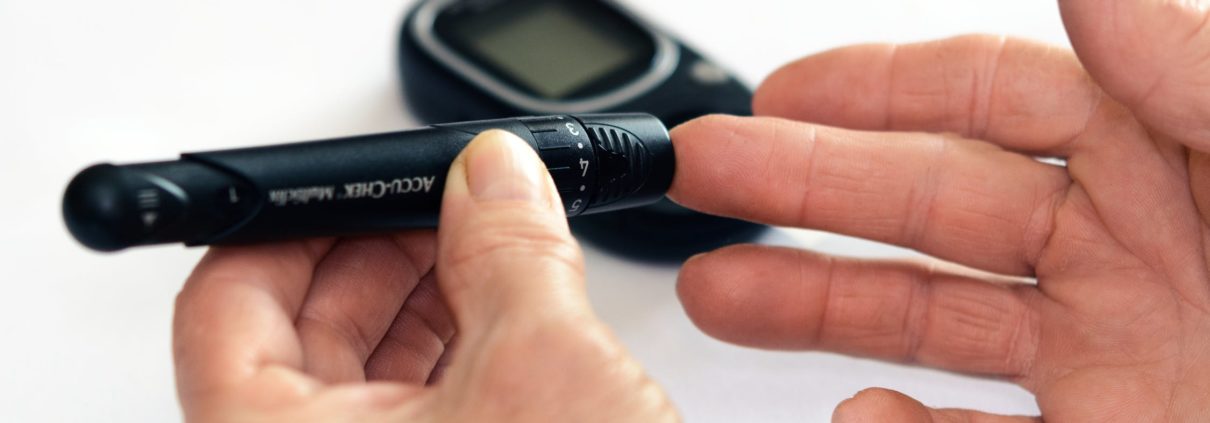A recent study on the effects of stopping tirzepatide (Monjauro / Zepbound), reveals that individuals who stopped tirzepatide experienced substantial weight regain (approximately 14%), highlighting the challenges associated with relying on such medications for long-term results.
Dr. Alexander Abkin, a leading bariatric surgeon in New Jersey, emphasizes the limitations of injectable weight-loss drugs as a sustainable solution for severe obesity.
“In my professional opinion, the study reinforces the importance of lifestyle modifications and more permanent weight loss solutions”, says Dr. Abkin. He advocates for treatments that extend beyond short-term interventions like weight loss injections, emphasizing the need for comprehensive lifestyle changes, including healthier eating habits and regular physical activity, with bariatric surgery , such as sleeve gastrectomy and gastric bypass, as a more effective and enduring option for sustained weight loss.
While injectable drugs like tirzepatide may offer initial weight loss, these medications are not a magic solution for the management of severe obesity. Achieving and maintaining a healthy weight requires a fundamental shift in lifestyle.
Dr. Abkin echoes the sentiments of other physicians in the field, emphasizing that there is no “miracle drug” and that long-term success lies in lifestyle modification. He reinforces the idea that injectables can be considered as supportive elements but should not replace the fundamental changes needed for lasting weight management. This perspective aligns with the belief that bariatric surgery addresses the root causes of obesity, providing patients with a transformative and enduring solution compared to the uncertainties associated with injectable weight-loss drugs.
Advanced Laparoscopic Surgeons of Morris offers a comprehensive weight loss program for patients with severe obesity, including patient education, dietary counseling, surgical weight loss and long-term follow up care designed to keep patients on track with their weight loss goals. Contact us today to learn more.













